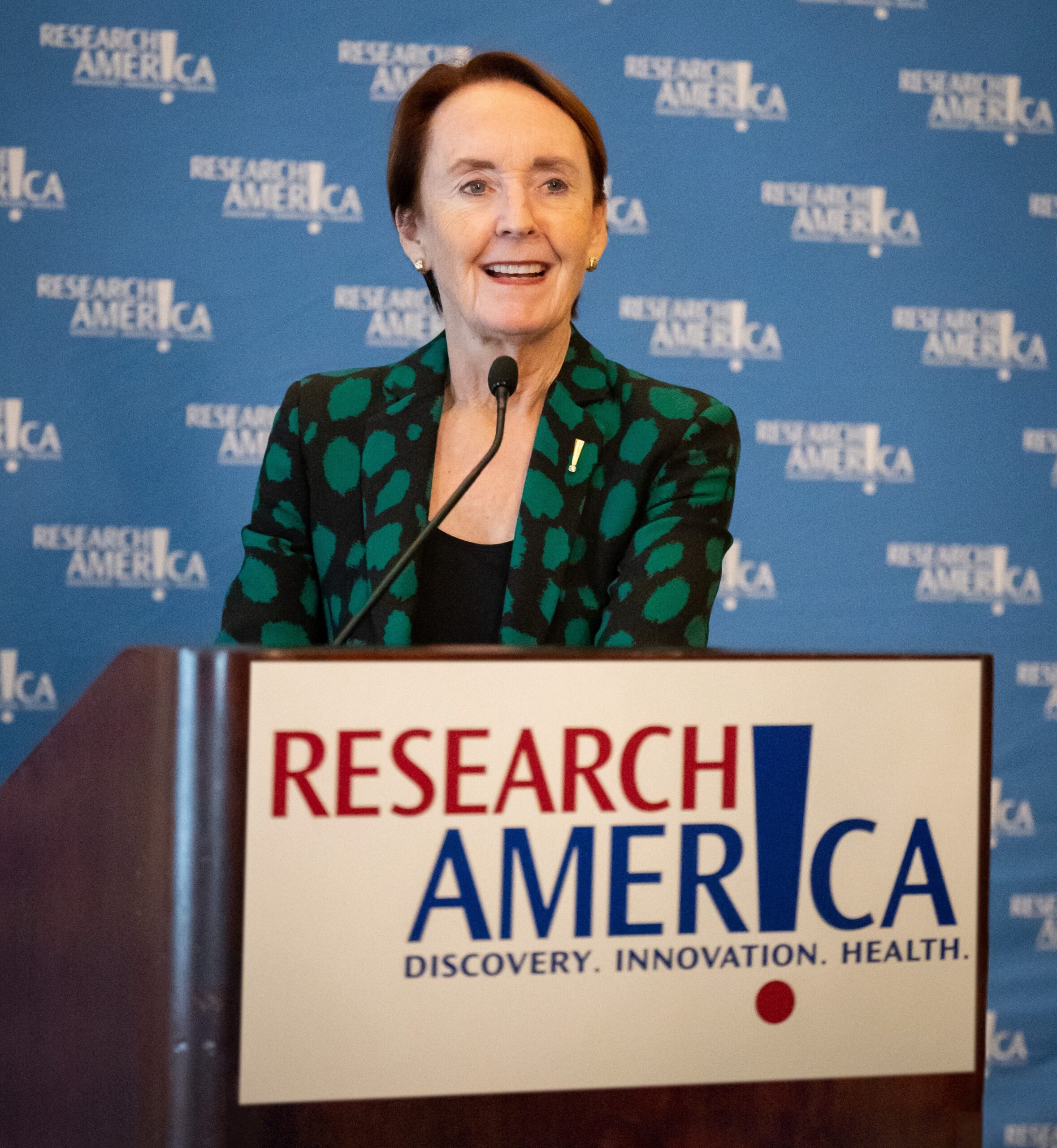Trick or Treat

Tonight is the culmination of the Halloween holiday, and many Americans will be celebrating. According to the National Retail Federation, Halloween spending this year is expected to reach $11.6 billion. You heard that right. $11.6 billion – more than the annual budgets for the National Science Foundation and ARPA-H combined. This is not to say that people shouldn’t enjoy the holiday and spend money on candy, costumes, parties, and decorations, but it does give us another reason to consider that it only takes ‘cents’ to support science and technology.
A Plan for U.S. S&T: The Science and Technology Action Committee, which I co-founded in 2020, has announced the creation of a 60-member task force charged with creating a roadmap for the U.S. science and technology enterprise (S&T) for the new administration and Congress. The task force, which will produce a Vision for American Science and Technology (VAST), includes leaders in science, industry, education, philanthropy, and public policy. America has long been a leader in innovation, but our position is not guaranteed and is challenged by foreign competitors. The VAST plan will position our country to lead the next wave of innovation. I encourage you to read the VAST press release as well as this Axios article on the effort.
Ballots to Budget: Once elections are in the rear view mirror, Congress will turn its attention once again to the FY25 budget. The government is being funded by a Continuing Resolution through Dec. 20. The Ad Hoc Group for Medical Research, of which Research!America is a steering committee member, is circulating an organizational sign-on letter making the case for completing the FY25 appropriations process this calendar year; and providing NIH with a $1.77 billion increase, consistent with the Senate funding level. Interested organizations from within and outside the Ad Hoc Group are welcome to join this letter by Nov. 8. (See the text here and sign on here).
Vote: We are just four days from this year’s elections, which will likely be among the closest and most consequential in our nation’s history. We urge all champions of investments in medical and health research, and science and technology broadly, to cast your ballots this year. Your vote is your voice. You can find nonpartisan election resources, including sample ballots, at Ballotpedia.
As the dust settles, we invite you to a research funding and policy-focused post-election briefing from 11 a.m. to 1 p.m. ET on Nov. 13 at the American Association for the Advancement of Science in Washington, D.C. The event will feature a panel discussion moderated by Laura Barrón-López, White House Correspondent for The PBS News Hour, followed by a networking reception. The event is free, but space is limited so register now.
Alliance Member-Only Events: If you are with a Research!America alliance member organization, we’re pleased to invite you to these off-the-record, virtual meetings:
- An update on Cures 2.1 with David Steury, Health Policy Director for Congresswoman Diana DeGette (D-CO), on Monday, Nov. 4, at noon ET.
- A discussion with Dr. Mike Lauer, Deputy Director for Extramural Research at NIH, on Wednesday, Nov. 6, 2 to 2:45 p.m. ET.
Email Jacqueline Lagoy for the registration link for these events. If your organization is interested in learning more about joining the alliance, check out the “Membership” section of our website and please don’t hesitate to contact Kristen Furlong for more information.
Public Engagement Webinar: Join us Nov. 12 from 2 to 3 p.m. ET for a panel discussion about the evolving landscape of public engagement training for graduate STEMM students. Research!America will be joined by our board member Claire Pomeroy, President, Lasker Foundation, to discuss our newly released recommendations to incorporate public engagement into STEMM training. Panelists Bethann Garramon Merkle, Director, WY Science Communication Initiative, University of Wyoming; Sara Vassmer, Associate Professor, University of Missouri; and Dominique Brossard, Professor and Chair, Department of Life Sciences Communication, University of Wisconsin-Madison; will discuss their innovative programs. Register here for the webinar.
Stay well, stay safe, and stay connected, and VOTE!




